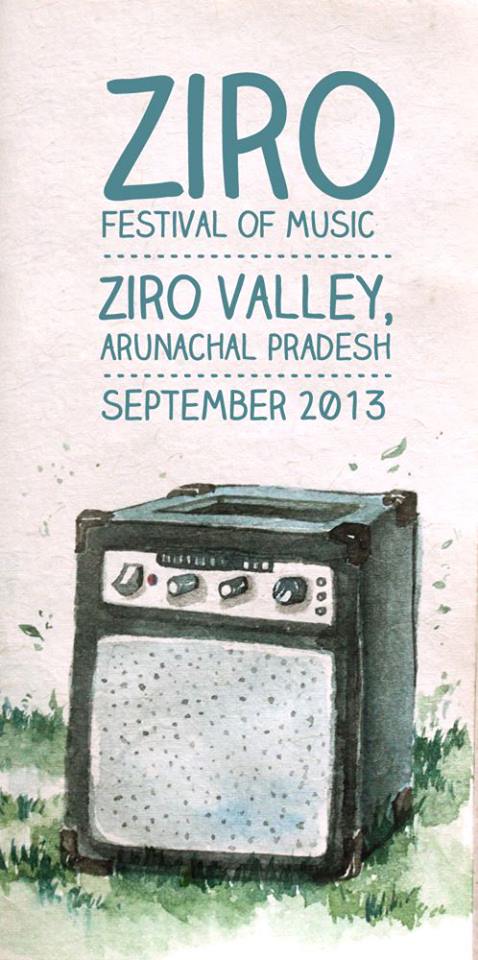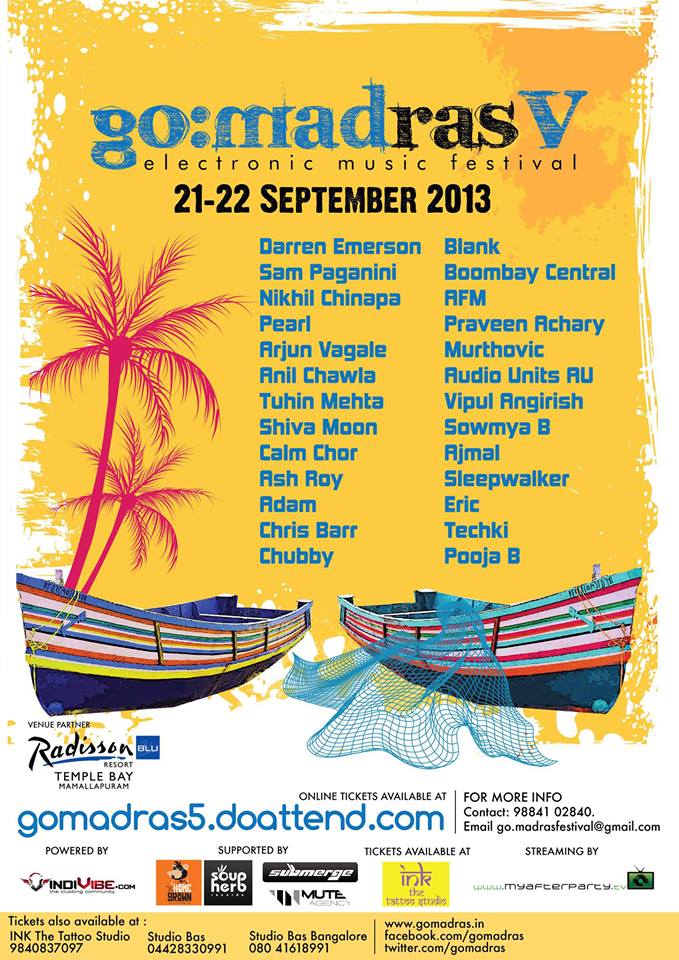
- Direction

- Acting

- Screenplay

- Music

Just when filmmaker Rohit Shetty was blowing up cars and making Shah Rukh Khan catch a train, and Milan Luthria busy convincing the audience that Imran Khan was once upon a time a goon and Akshay Kumar a don, Shoojit Sircar was quietly undertaking a journey from Jaffna to Madras. Here’s a director who, going by his past record, refuses to play to the gallery or pull in the crowds by the star bait. The only one that enjoys a celebrity status in his production is the story, the script, the written word, germinated from one heck of an idea. If “Yahan” was set against paradise lost in the valley, “Vicky Donor” changed the way India would ever think about sperm donation. If not anything, his latest, “Madras Café” is a lesson in history, a turning point for the country when it lost one of its youngest ex-prime ministers.
It is no mystery here that the film’s based on the events leading to former PM Rajiv Gandhi’s assassination at his 1991 rally in Sriperumbudur, Tamil Nadu. Kamaljeet Negi’s cinematography layers the film, and provides it a moving character with haunting frames, of the war and bloodshed in Jaffna. Sri Lanka is referred to as the Island while Gandhi as the Ex PM. The LTTE is LTF in the film headed by Anna Bhaskaran (Ajay Rathnam) who bears an uncanny resemblance to rebel force LTTE’s chief Prabhakaran. His war for Eelam (separate Tamil homeland) is ruthless and bloody, and his tactics uncompromising. Like they mention in the film, “one man’s revolution is another man’s terrorist.” A bearded, guilt-ridden and drowned-in-alcohol John Abraham narrates this political drama, with its many ugly twists and turns, and conspiracy theories to a priest in Kasauli. How he ends up there and why, is something Sircar didn’t deem fit to explain. Nonetheless, the film starts as a confession of failure, loss and sacrifice. Abraham, who plays a fictional R&AW agent heading covert operations against Anna in Sri Lanka at the turn of the 1990s, puts the pieces of the puzzle together, one by one. For those who are unfamiliar with this part of history, the first half hour is confusing and frustrating for it takes some time to grasp the intentions of each character and the games they play. Nargis Fakri plays a foreign war correspondent (based on former CNN bureau chief for South East Asia Anita Pratap, who is the first journalist to have ever met with Prabhakaran ) and moves beyond those full luscious lips and gives us something more to latch on to. Even though all her dialogues are in English. Abraham is less wood and more action. As his wife Ruby (Raashi Khanna) is fresh and convincing. But the scene stealers are quizmaster Siddharth Basu as R&AW head RD and Prakash Belawade as Bala.
Despite its flaws, “Madras Café” delivers a political thriller sans the pomp and show filmmakers like Prakash Jha are dishing out these days. As it jet sets through Madras-Singapore-Bangkok-Delhi-Sri Lanka-London, “Madras Café” presents both sides of the coin – the irreparable loss of innocent lives, the futility of war, the rise of economic hitmen in modern day warfare, the dirty politics of toppling governments, treachery and tyranny, the honey traps, archaic laws and rules, and the fatal failure of system. It’s a bold attempt, especially in a cinematic environment high on 100 crore crap. This is as real as it gets. We recommend a watch.








